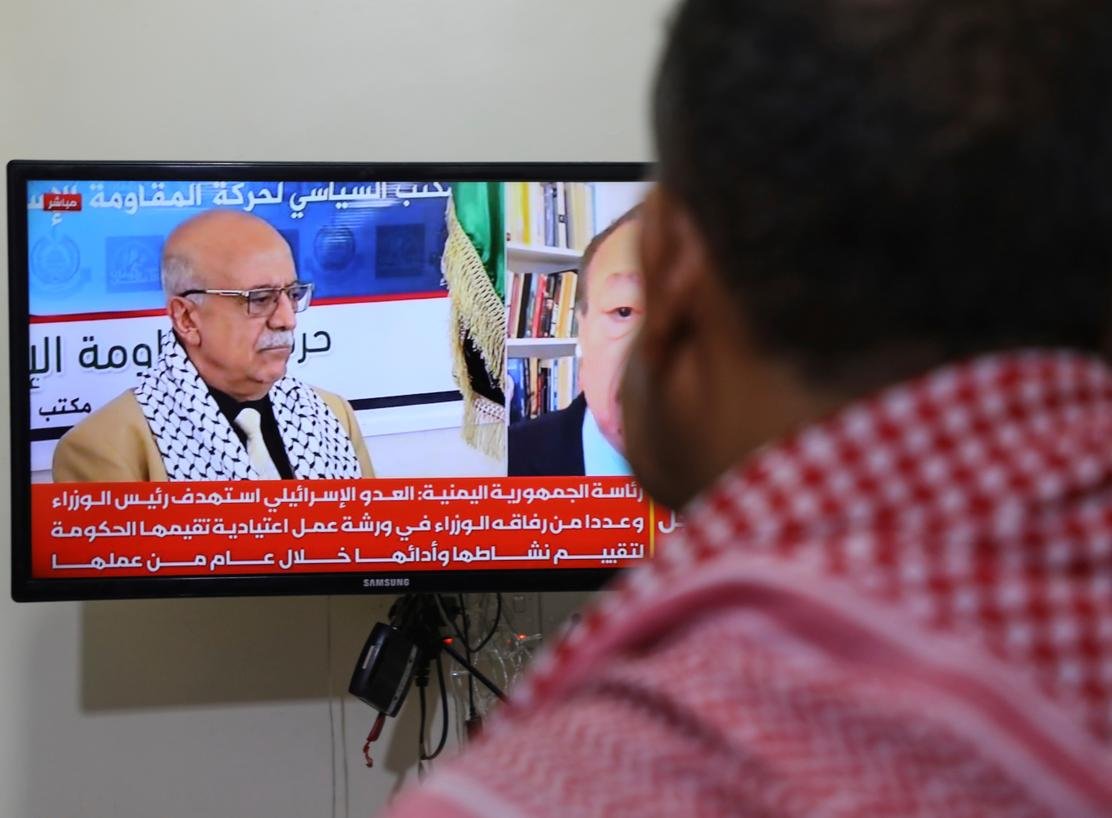Yemen’s Houthi leadership confirmed today that Prime Minister Ahmed Ghaleb al-Rahawi and several senior officials were killed in an Israeli airstrike on Sanaa on Thursday, delivering a significant blow to the group’s hierarchy. The strike occurred during what the Houthis described as a routine government workshop to review the past year’s performance, as officials were gathered to watch a speech by their leader, Abdul Malik al-Houthi—who was not present at the meeting. Among the victims were ministers responsible for energy, foreign affairs, and information, while it remains unclear whether the defence minister was also among the casualties.
Israel’s military characterised the operation as a precision strike aimed at a “Houthi terrorist regime military target,” guided by credible intelligence. The target was reportedly a compound in southern Sanaa where top Houthi officials had assembled.
Following the strike, the Houthis appointed Deputy Prime Minister Mohamed Moftah as the acting prime minister to ensure governance continuity. Houthi authorities pledged that the government’s institutions would continue functioning and vowed “retaliation” against Israel “very soon,” with armed factions affirming their intention to intensify the campaign in support of Gaza.
Political analysts note that while al-Rahawi held the title of prime minister, his influence was largely symbolic and outside the core leadership circle. Still, his death along with fellow ministers may disrupt internal dynamics and require careful recalibration of Houthi strategy.
This operation signals a marked escalation by Israel in targeting Houthi leadership following months of missile, drone, and maritime attacks in solidarity with Palestinians. It’s part of a broader campaign in Yemen that began in May, including earlier strikes on Sanaa airport and strategic port infrastructure.





